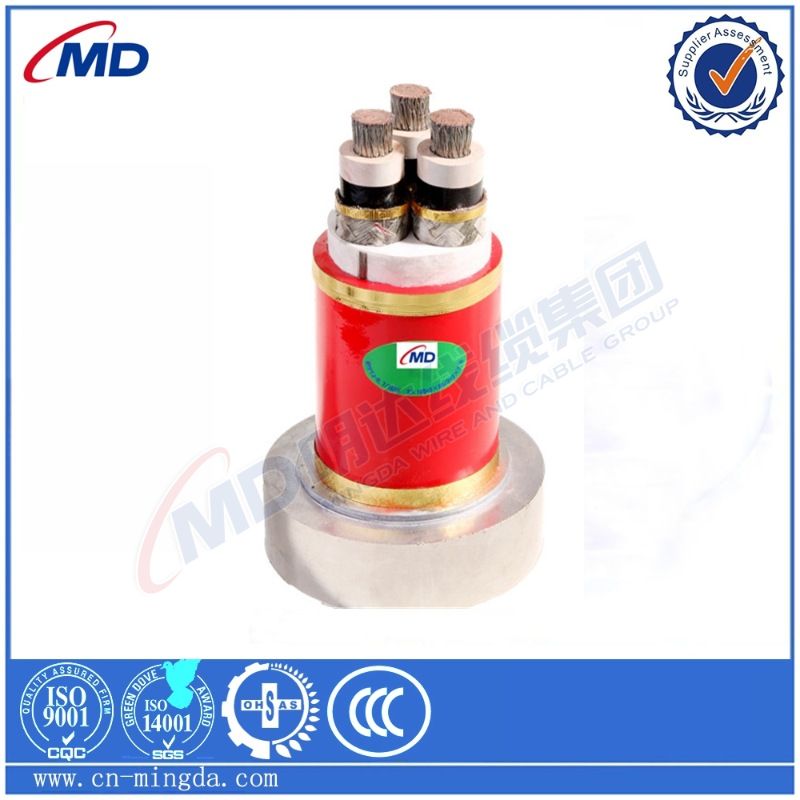10 月 . 31, 2024 15:06 Back to list
Hydraulic Control Valve Functions and Applications in Fluid Power Systems
Understanding Hydraulic Control Valves Function and Importance
Hydraulic control valves play a crucial role in the efficient operation of hydraulic systems, which are essential in various industries, including construction, manufacturing, and automotive. These valves regulate the flow and pressure of hydraulic fluid, ensuring that the system operates smoothly and effectively. In this article, we will explore the types, functions, and significance of hydraulic control valves.
Types of Hydraulic Control Valves
Hydraulic control valves are categorized into several types based on their design and function. The most common types include
1. Directional Control Valves These valves control the flow direction of hydraulic fluid. They can be operated manually, electrically, or hydraulically. Common configurations include spool and poppet valves, which direct fluid to specific components of the hydraulic system.
2. Pressure Control Valves These valves maintain the desired pressure within the hydraulic system. They prevent overpressure situations that could lead to equipment failure or damage. Types include relief valves, which divert excess fluid back to the reservoir, and sequence valves, which ensure that certain operations occur in a specific order.
3. Flow Control Valves These valves adjust the flow rate of the hydraulic fluid. By altering the size of the passage through which the fluid flows, they control the speed of actuators and other hydraulic components. Common flow control valves include needle valves and orifice plates.
Functions of Hydraulic Control Valves
hydraulic control valve

The primary function of hydraulic control valves is to ensure the safe and efficient operation of hydraulic systems. By managing the flow and pressure of hydraulic fluid, these valves
- Enable precise control of machinery and equipment, enhancing productivity and performance. - Protect hydraulic systems from damage caused by excessive pressure or flow. - Ensure that hydraulic machinery operates in a timely and coordinated manner, particularly when multiple components are in use.
Importance in Various Industries
The importance of hydraulic control valves cannot be overstated. In construction, they regulate the operation of excavators, cranes, and loaders, allowing for precise movements and control of heavy loads. In manufacturing, these valves are integral to power presses, injection molding machines, and conveyor systems, contributing to efficient production processes.
Moreover, in the automotive industry, hydraulic control valves are essential for the operation of brakes and steering systems, providing safety and responsiveness for drivers. Their reliable performance ensures that vehicles operate smoothly, enhancing the overall driving experience.
Conclusion
In summary, hydraulic control valves are vital components of hydraulic systems across various sectors. Their ability to regulate flow and pressure not only improves efficiency and productivity but also ensures safety in machinery operation. As industries continue to evolve, the demand for advanced hydraulic control solutions will likely increase, highlighting the importance of ongoing innovation in this field. Understanding the functions and types of hydraulic control valves is essential for anyone working with hydraulic systems, as it allows for better maintenance, troubleshooting, and optimization of hydraulic equipment. As technology advances, the future of hydraulic control valves promises even greater improvements in performance and reliability.
Share
-
Understanding the Differences Between Wafer Type Butterfly Valve and Lugged Butterfly ValveNewsOct.25,2024
-
The Efficiency of Wafer Type Butterfly Valve and Lugged Butterfly ValveNewsOct.25,2024
-
The Ultimate Guide to Industrial Swing Check Valve: Performance, Installation, and MaintenanceNewsOct.25,2024
-
Superior Performance with Industrial Swing Check Valve: The Essential Valve for Any SystemNewsOct.25,2024
-
Industrial Swing Check Valve: The Ideal Solution for Flow ControlNewsOct.25,2024
-
You Need to Know About Industrial Swing Check Valve: Functionality, Scope, and PerformanceNewsOct.25,2024